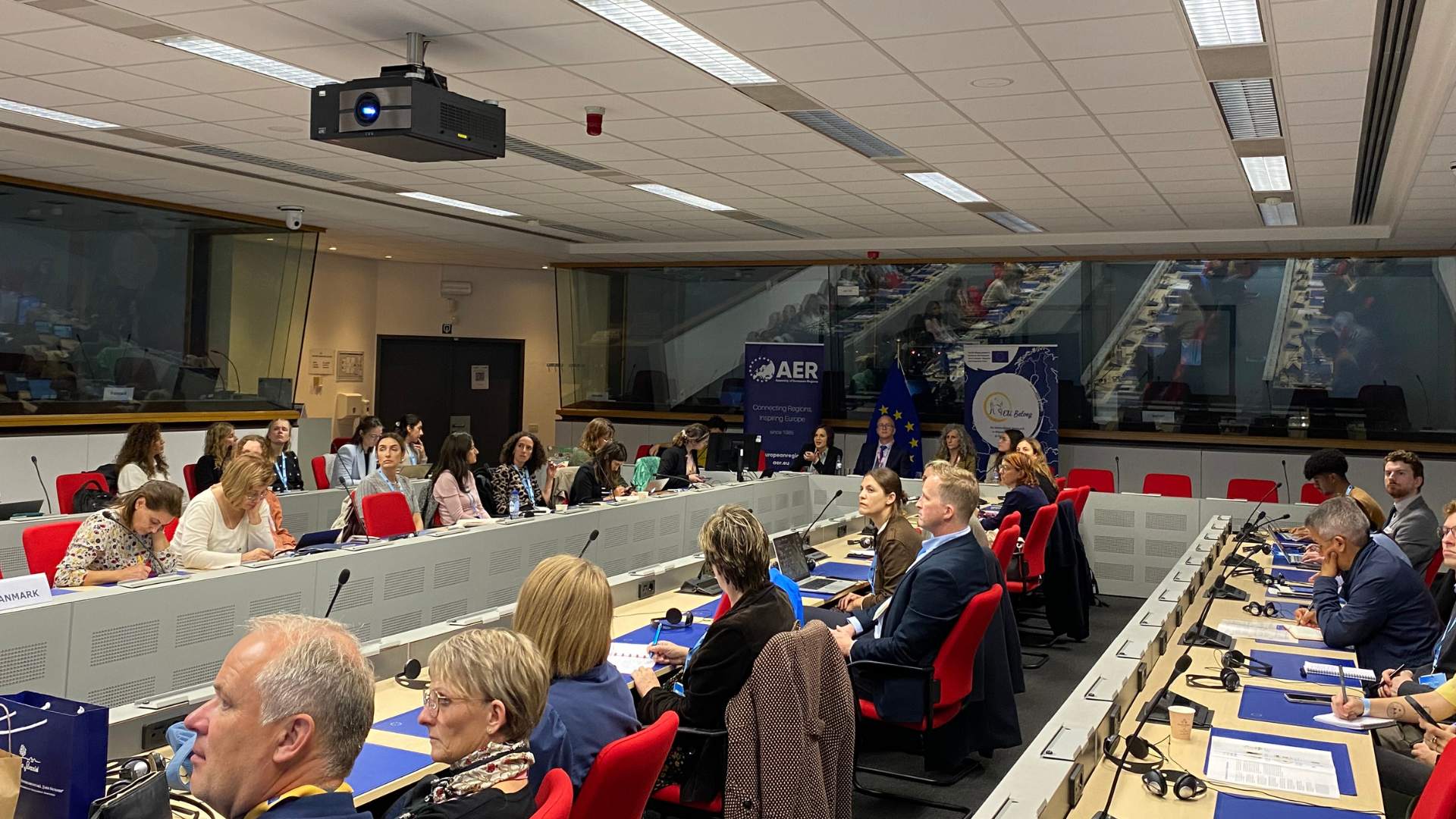 Share this!
Share this!As Europe faces demographic shifts and an evolving migration landscape, projects like EU-Belong are essential for promoting integration and social cohesion. By promoting intercultural integration through multi-stakeholder governance, EU-Belong seeks to create the conditions for inclusive societies that celebrate diversity while addressing inequality. At the 22nd European Week of Regions and Cities, the Assembly of European Regions (AER) hosted the workshop “Skills: (EU)Belong here – How intercultural strategies can boost talent attraction and retention”, where attendants gained insights on the outcomes of strategies implemented in three partner regions committed to talent attraction and retention.
Migrant integration requires clear and effective employment incentives and services.
In Italy, Emilia-Romagna takes a proactive approach through the Emilia-Romagna International Talents Program. Presented by Lara Porciatti, Project Manager at Attrattività Ricerca Territorio Emilia-Romagna (ART-ER), the initiative highlights how the intercultural approach can improve municipalities’ ability to create welcoming environments both for foreigners and Italians willing to relocate to the their home country. Via the establishment of a strong collaborative network unifying regional and municipal authorities with key stakeholders across the territory, Emilia-Romagna was able to reinforce essential services, such as housing assistance, job placement, and cultural integration programs. Based on the identification of needs and aspirations of potential returnees and international labour force, the network encourages participation in local communities. Additionally, knowledge sharing events provide opportunities for building societal ties, while business support empower entrepreneurs to establish themselves in the region. The result is a dynamic blend of cultures and skills, enriching the entire region and transforming it into a vibrant place to live and work for a wide range of professionals.
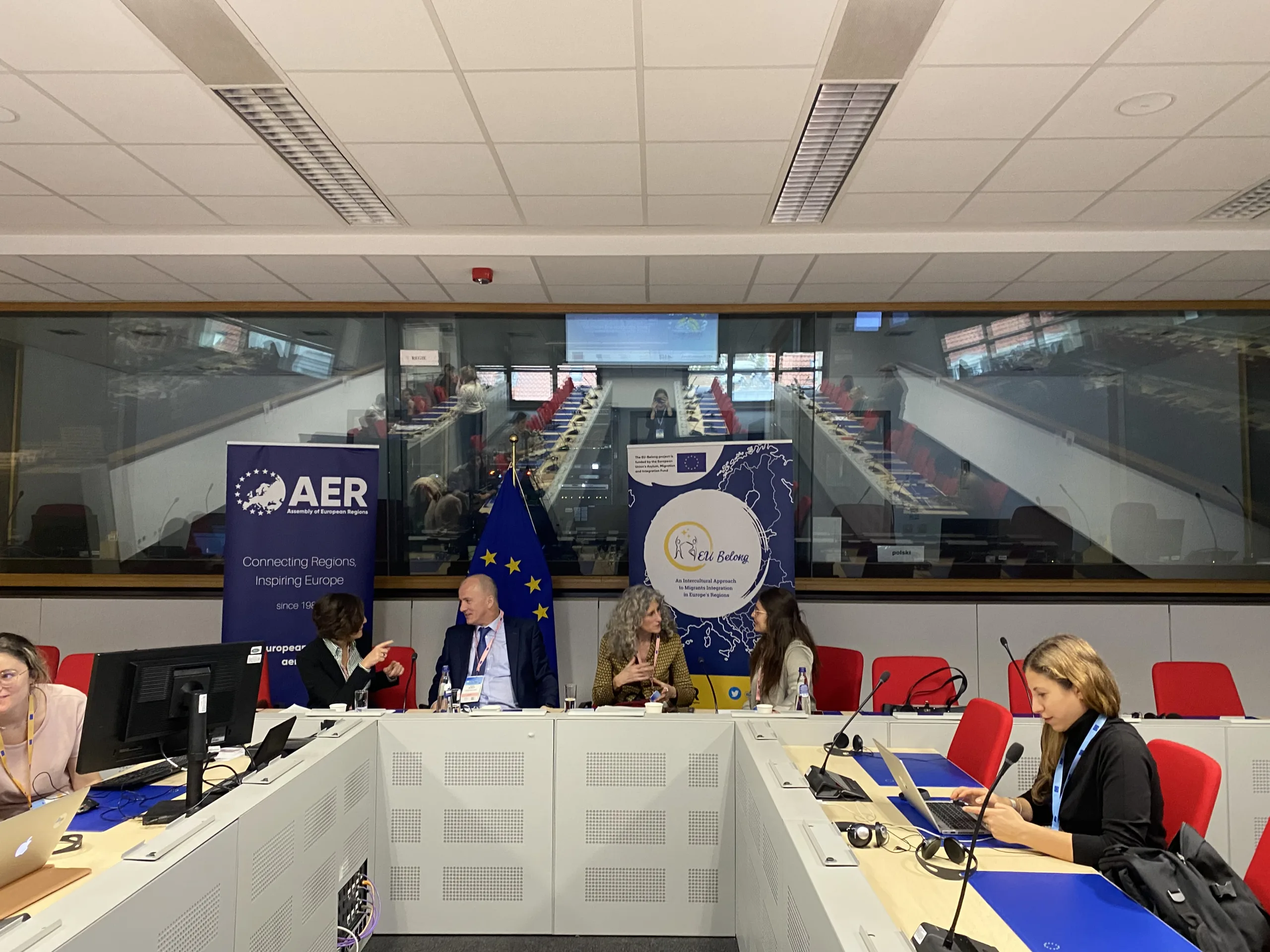
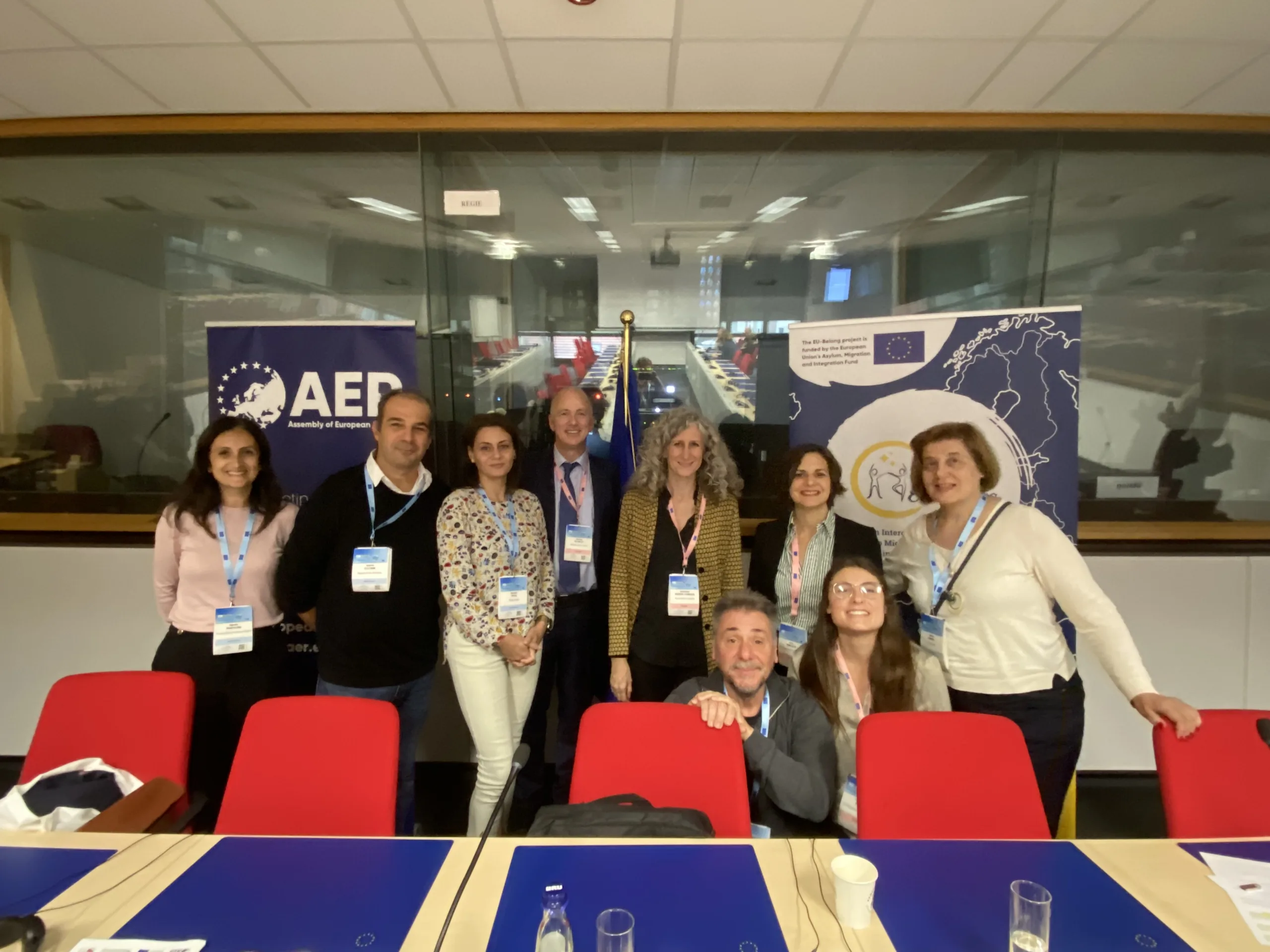
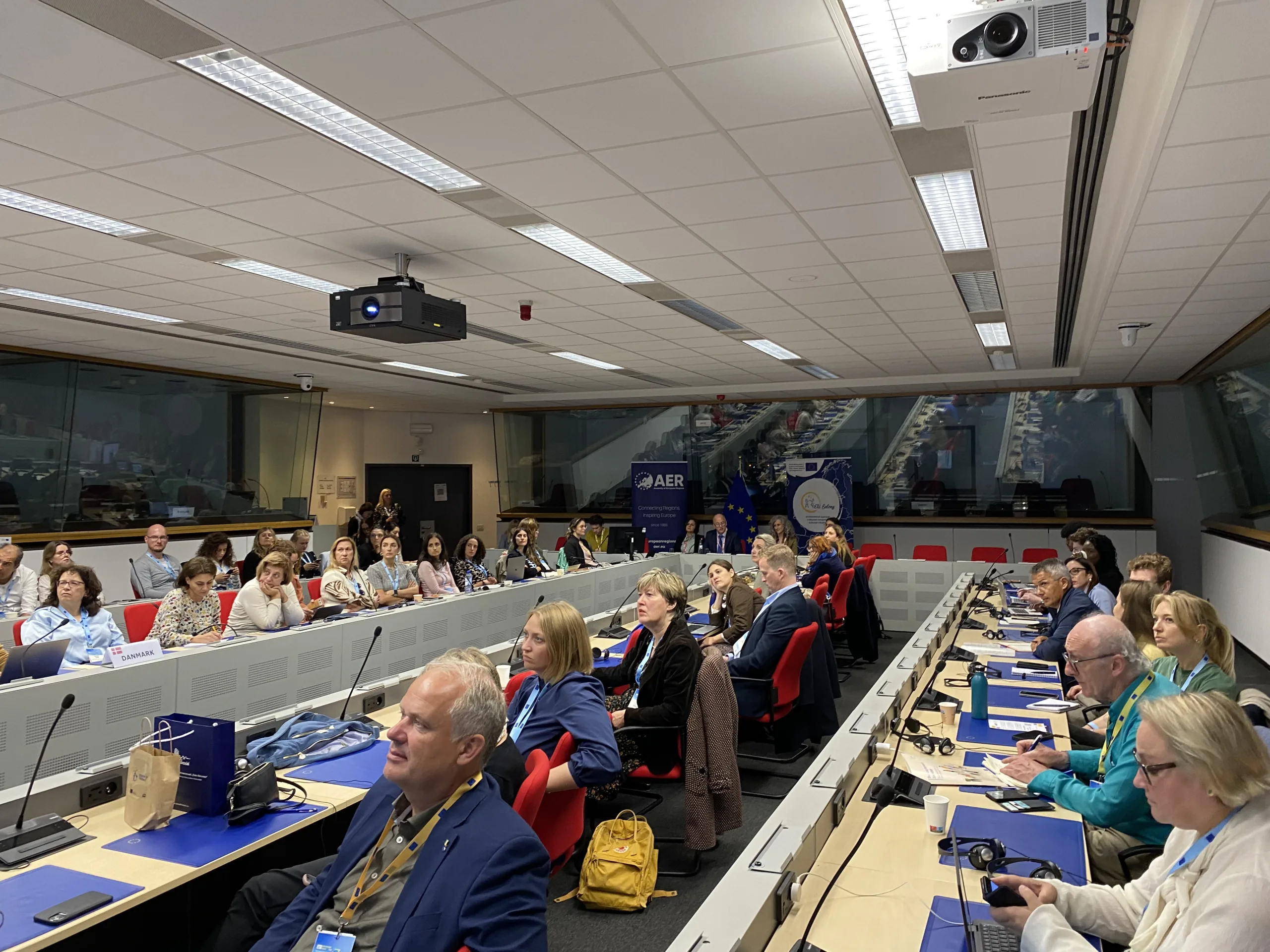
A labour market is truly inclusive only when it is able to integrate also the most vulnerable individuals.
In Catalonia, the ACOL Line project –which comes from the verb acollir, to welcome– serves as an example of how multilevel approaches and intercultural integration can integrate vulnerable individuals in the labour market. Introduced by Guadalupe Moreno Iturriaga, Deputy Director General of Migration and Asylum at the Ministry of Social Rights and Inclusion, ACOL Line targets specifically vulnerable migrants who have resided in the region for an extended period, but struggle to obtain legal residency for various reasons. The support provided by ACOL Line ensures the development of successful and legal work contracts paired with cross-cut training that are certified and that ensure the ultimate acquisition of the legal residence of the migrants. Through collaboration with local authorities, private sector stakeholders and NGOs, the project fosters an environment where migrants can thrive and integrate in the community.
Adopting an intercultural approach to integration means fostering encounters, and shaping a new collective social identity.
Donegal’s strategy–Black and Minority Ethnic Inclusion–has highlighted the importance of cultural engagement in building inclusive communities. Presented by Andrew McNulty, Culture and Diversity Officer at Donegal’s County Council, the strategy promotes cultural diversity through arts and community projects. The strategy aims to dispel the perception of migrants as an homogeneous group by celebrating cultural diversity, establishing a mentorship program for cultural development and inclusion, prioritising trust-building and recognising people’s individuality and uniqueness. This stance fosters the understanding between diverse groups, leading to a more inclusive society.
The examples brought by Catalonia, Donegal and Emilia-Romagna demonstrate the powerful impact of interculturality in regional policy making. By adopting a multi-stakeholder approach, regional authorities ensure that strategies are tailored to the specific needs of communities while also aligning with broader EU policies on migration and inclusion.
The participative session allowed to inspire attendees on the possible implementation of this methodology, providing practical examples with the potential to replicate their impact across Europe. Looking forward, the AER will continue to strengthen its efforts in the promotion of a multi-stakeholder intercultural integration model in European policymaking, by reinforcing the Intercultural Regions Network. Designed to be a platform for sharing knowledge and experiences, the IRN stands as a promising space for further dialogue and collaboration on this topic. Interested stakeholders are encouraged to get in touch to discover ways to participate in the future of this initiative.
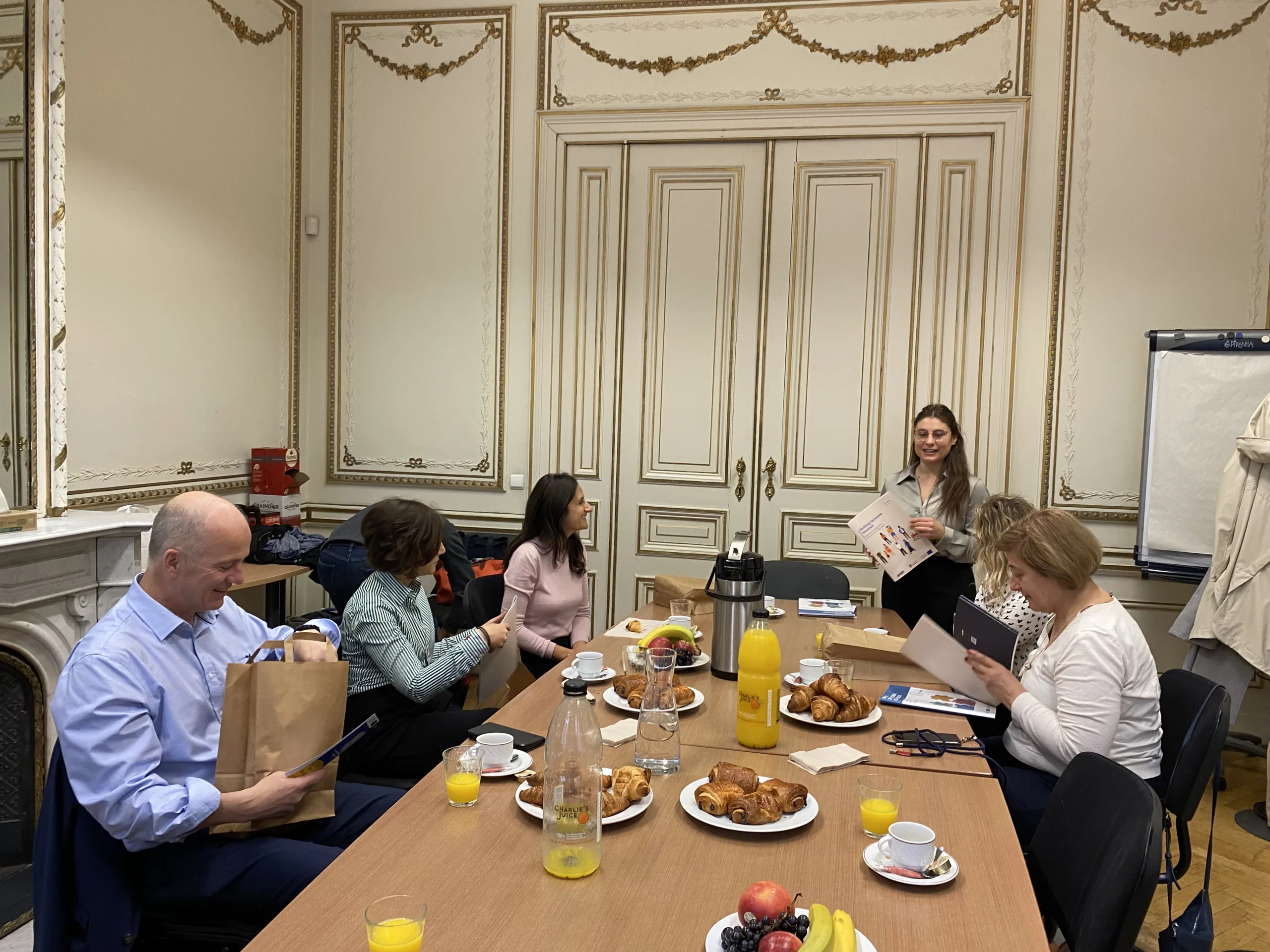
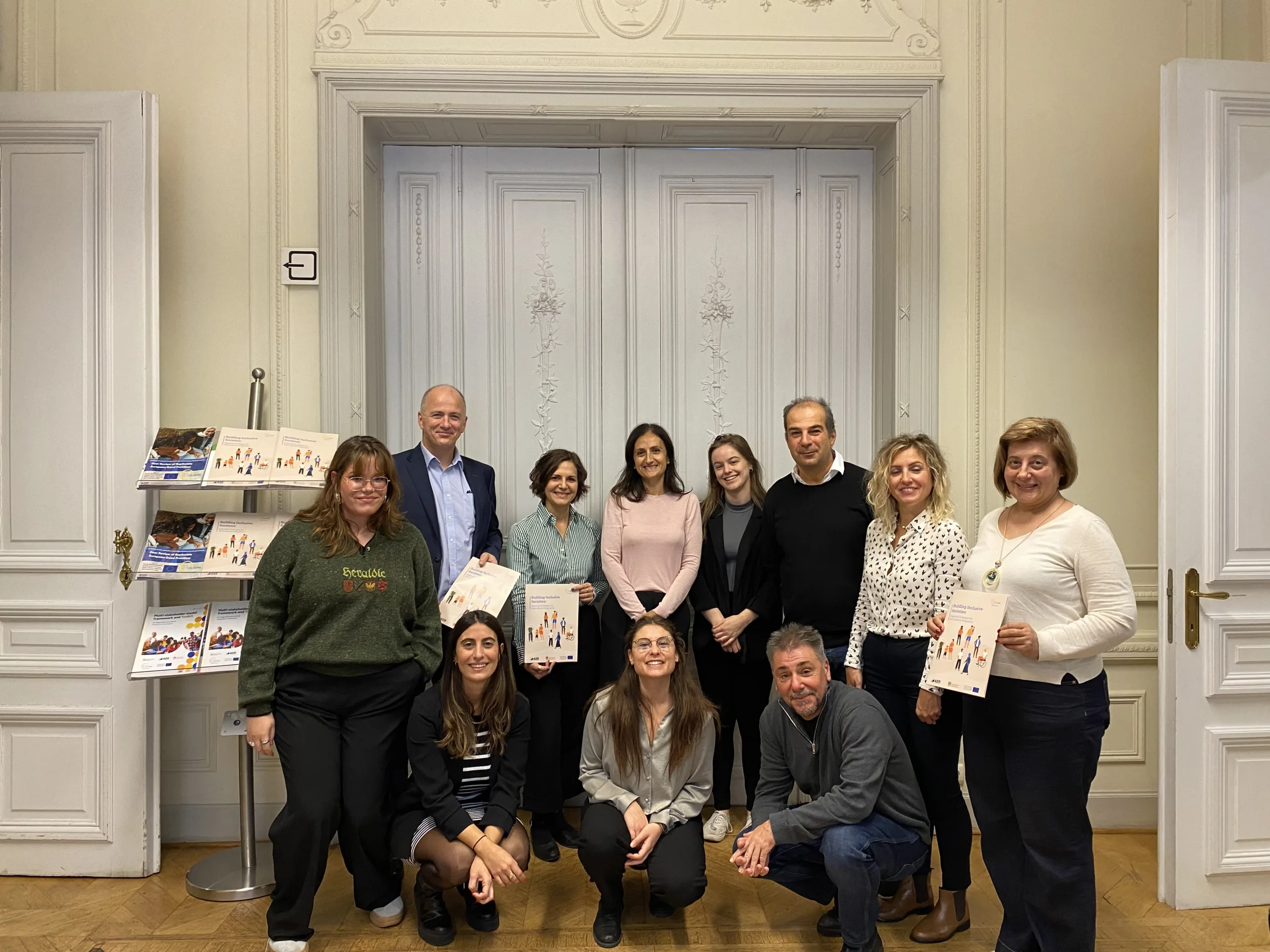
About EU-Belong
EU-Belong is a 3-year project co-funded by the Asylum, Migration and Integration Fund of the European Union. Coordinated by the Assembly of European Regions (AER) within the framework of its Intercultural Regions Network (IRN), it is implemented in partnership with ten regional authorities from seven European countries: Arad and Timiș in Romania; Catalonia and Navarra in Spain; Donegal in Ireland; Emilia-Romagna in Italy; Leipzig in Germany; Pomerania and Poznan in Poland; Salzburg in Austria; and two technical partners: ART-ER Attrattività Ricerca Territorio and Istituto Economico Cooperazione Internazionale (ICEI).
Stay up to date with all updates by following EU-Belong on X/Twitter @EU_Belong.
For questions, contact Emanuela Pisanó, EU-Belong Project Manager at [email protected]
